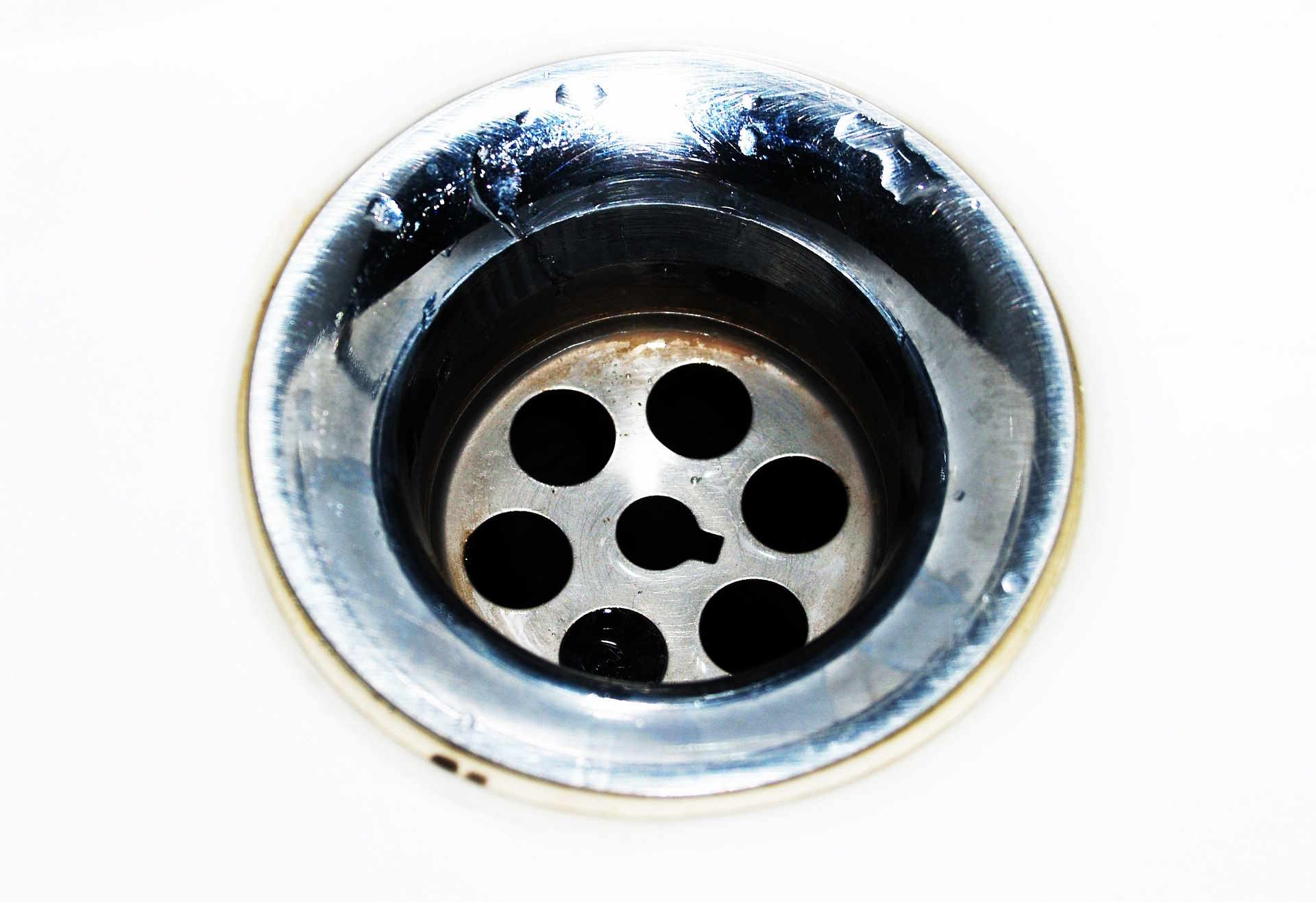The Ins and Outs of Drain and Pipe Cleaning: A Comprehensive Guide
When it comes to maintaining a healthy plumbing system, drain and pipe cleaning plays a crucial role. From slow-draining sinks to completely clogged pipes, these issues can disrupt daily life and potentially lead to more severe problems if left unattended. This comprehensive guide will explore the importance of drain cleaning, common plumbing issues, and effective solutions to keep your pipes flowing smoothly.

What are the most common causes of clogged pipes?
Clogged pipes can occur for various reasons, depending on the location and type of drain. In kitchen sinks, food particles, grease, and oil are often the culprits. Bathroom drains frequently become blocked due to hair, soap residue, and personal care products. Toilet clogs are typically caused by excessive toilet paper, non-flushable items, or foreign objects. Outdoor drains and sewer lines can be affected by tree roots, debris, or soil shifting. Understanding these common causes can help homeowners take preventive measures and identify potential issues early on.
How can you identify signs of slow drainage or pipe problems?
Recognizing the early signs of drainage issues is crucial for timely intervention. Some common indicators include:
-
Water draining slowly from sinks, showers, or tubs
-
Gurgling sounds coming from drains
-
Unpleasant odors emanating from pipes or drains
-
Water backing up in sinks or toilets
-
Frequent clogs or blockages in multiple drains
-
Wet or damp areas around floor drains or in the yard
If you notice any of these signs, it’s essential to address the problem promptly to prevent further complications and potential damage to your plumbing system.
What are the most effective drain cleaning methods?
There are several methods for cleaning drains and pipes, ranging from DIY solutions to professional services. Some common approaches include:
-
Plunging: Using a plunger to create suction and dislodge minor clogs
-
Chemical drain cleaners: Store-bought products that dissolve organic matter (use with caution)
-
Natural remedies: Mixtures of baking soda and vinegar to break down buildup
-
Drain snakes or augers: Tools that physically remove blockages from pipes
-
Hydro jetting: High-pressure water cleaning for severe clogs and buildup
-
Camera inspection: Professional service to identify and locate blockages in sewer lines
The most appropriate method depends on the severity of the clog and the type of drain affected. For persistent or complex issues, it’s advisable to consult a professional plumber.
When should you consider professional sewer line cleaning?
While many minor clogs can be resolved with DIY methods, some situations call for professional intervention, particularly when it comes to sewer line issues. Consider professional sewer line cleaning if:
-
Multiple drains in your home are backing up simultaneously
-
You hear gurgling sounds or notice foul odors from various drains
-
There’s sewage backup in your toilets or floor drains
-
Your yard has wet or sunken areas, indicating a possible sewer line leak
-
You’ve tried DIY methods without success
-
Your home is older and hasn’t had a sewer line inspection in several years
Professional plumbers have specialized equipment, such as video cameras and hydro jetting systems, to thoroughly clean and inspect sewer lines, ensuring proper function and preventing future issues.
How can you prevent future drain and pipe problems?
Preventing drain and pipe problems is often easier and more cost-effective than dealing with major clogs or damages. Here are some tips to maintain healthy plumbing:
-
Use drain strainers in sinks and showers to catch hair and debris
-
Avoid pouring grease, oil, or coffee grounds down kitchen drains
-
Only flush toilet paper and human waste in toilets
-
Run hot water through drains regularly to help dissolve buildup
-
Schedule periodic professional drain cleaning and inspections
-
Be mindful of what goes down your drains and educate family members about proper usage
By following these preventive measures and addressing minor issues promptly, you can significantly reduce the likelihood of major plumbing problems and extend the life of your drain and pipe system.
In conclusion, drain and pipe cleaning is an essential aspect of home maintenance that shouldn’t be overlooked. By understanding the causes of clogs, recognizing early signs of problems, and implementing preventive measures, homeowners can maintain a healthy plumbing system and avoid costly repairs. When in doubt or faced with persistent issues, don’t hesitate to consult a professional plumber to ensure your drains and pipes remain in optimal condition.






